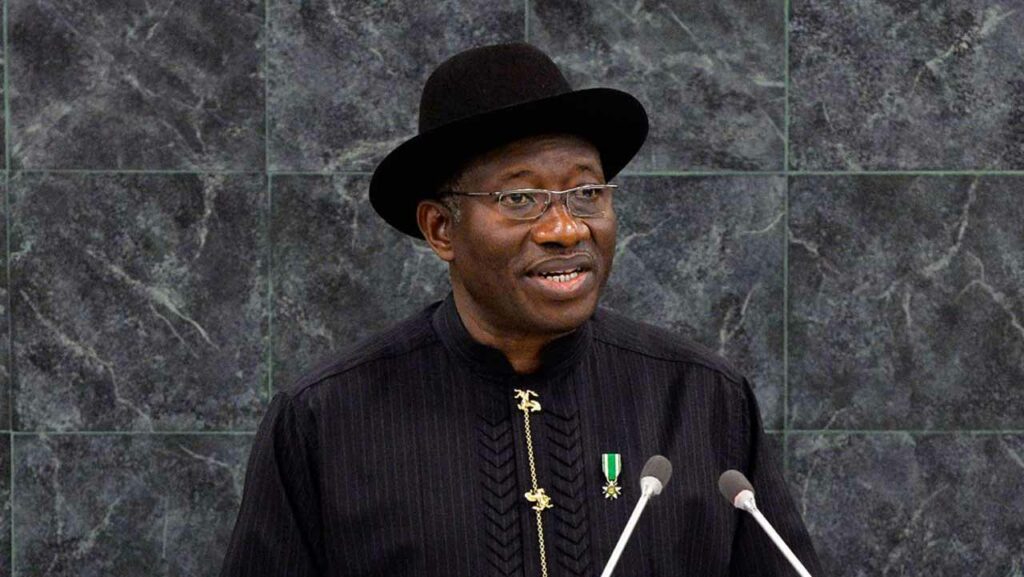- Former Nigerian President Goodluck Jonathan, the ECOWAS special envoy, urged African voters to choose leaders who respect their countries’ laws, emphasizing that this can help resolve a significant portion of the continent’s challenges
- Jonathan called for discussions involving key political leaders to address the balance between strong institutions and strong leaders in governance, particularly in African countries facing forceful leaders and institutional challenges
Former Nigerian President Goodluck Jonathan, who serves as the ECOWAS special envoy, has appealed to the African populace to vote for leaders who will uphold their countries’ laws. He made this plea during the official opening of the second annual retreat for special envoys and high officials representing Regional Economic Communities (RECs) on Constitutional Transitions and Unconstitutional Changes of Governments. The retreat was organized by the International Institute for Democracy and Electoral Assistance (International IDEA) in collaboration with ECOWAS.
Jonathan stressed the significance of electing leaders who will respect the laws of their nations, emphasizing that doing so could resolve a substantial portion of the continent’s problems. He stated, “We need to elect leaders who respect their laws. If our leaders – Presidents, Prime Ministers, the parliament, and the judiciary – would respect our laws, I believe that 70 per cent of our problems would be solved.”
He applauded the retreat organisers and urged them to involve key political leaders in the discussions. Jonathan acknowledged the debate between the importance of strong institutions and the role of a strong leader in governance. He emphasized the need for leaders who genuinely have the people’s interests at heart and can effectively make strong institutions function. He underlined the challenge institutions sometimes face when dealing with forceful leaders, especially in African countries.
Jonathan recommended that the organizers bring together African presidents and other leaders to make crucial decisions on enhancing inclusivity in their governance processes.
He described the retreat’s theme as timely, given the rising insecurity, mounting social tensions, and the prevalence of unconstitutional transitions and changes in government across Africa. He expressed hope that the retreat would produce practical and actionable recommendations to address these complex situations sustainably and inclusively.
Stressing the importance of sustaining democracy in Africa, Jonathan said, “I have always said that there is a strong connection between democracy and development, hence the need to deepen democracy, make it more inclusive, and strengthen the institutions of governance for the building of stable and prosperous societies.”
Dr. Kevin Casas-Zamora, Secretary-General of International IDEA, shared insights from the organization’s Global State of Democracy Report, which assesses democratic performance in 173 countries. He highlighted the report’s findings, indicating that the world is experiencing the sixth consecutive year of democratic deterioration, with over two-thirds of the global population residing in non-democratic regimes or countries where democracy is receding. Casas-Zamora discussed the various pressures that democratic governments worldwide encounter, including rising populism, declining trust in institutions, increasing polarization, unmet social expectations, environmental challenges, and a toxic information environment.
The report also pointed to a rise in unconstitutional government changes, particularly in West Africa, increased violence in multiple African regions, and widespread dissatisfaction with democratic processes.
